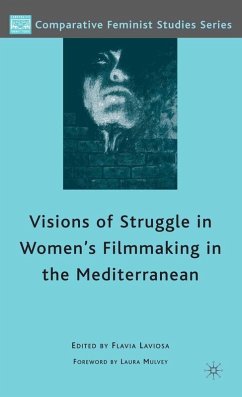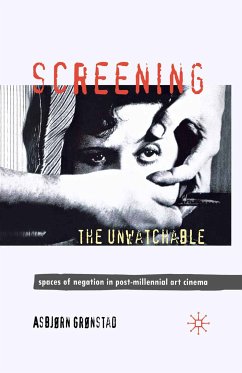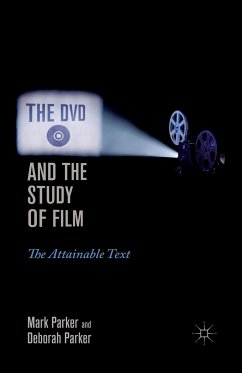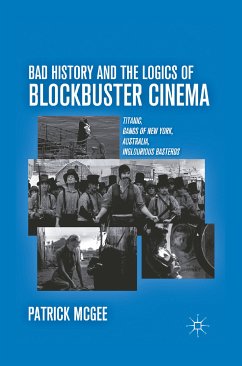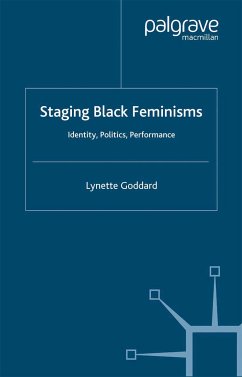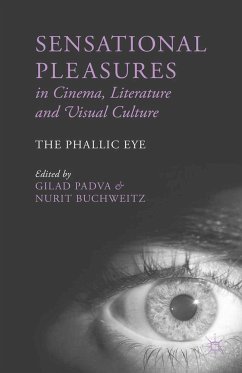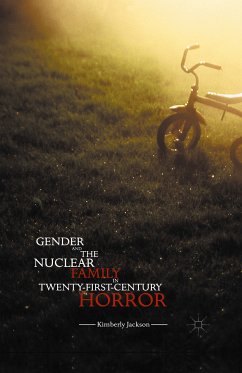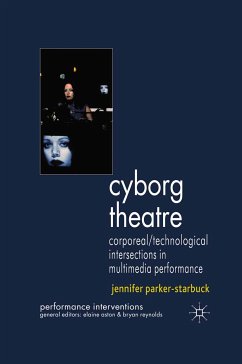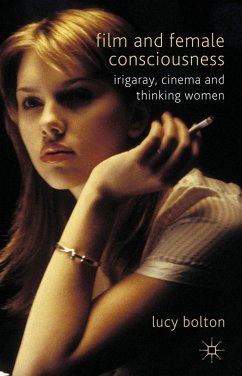
Film and Female Consciousness (eBook, PDF)
Irigaray, Cinema and Thinking Women
Versandkostenfrei!
Sofort per Download lieferbar
40,95 €
inkl. MwSt.
Weitere Ausgaben:

PAYBACK Punkte
20 °P sammeln!
Film and Female Consciousness analyses three contemporary films that offer complex and original representations of women's thoughtfulness and individuality: In the Cut (2003), Lost in Translation (2003) and Morvern Callar (2002). Lucy Bolton compares these recent works with well-known and influential films that offer more familiar treatments of female subjectivity: Klute (1971), The Seven Year Itch (1955) and Marnie (1964). Considering each of the older, celebrated films alongside the recent, unconventional works illustrates how contemporary filmmaking techniques and critical practices can wor...
Film and Female Consciousness analyses three contemporary films that offer complex and original representations of women's thoughtfulness and individuality: In the Cut (2003), Lost in Translation (2003) and Morvern Callar (2002). Lucy Bolton compares these recent works with well-known and influential films that offer more familiar treatments of female subjectivity: Klute (1971), The Seven Year Itch (1955) and Marnie (1964). Considering each of the older, celebrated films alongside the recent, unconventional works illustrates how contemporary filmmaking techniques and critical practices can work together to create provocative depictions of on-screen female consciousness.
Bolton's approach demonstrates how the encounter between the philosophy of Luce Irigaray and cinema can yield a fuller understanding of the fundamental relationship between film and philosophy. Furthermore, the book explores the implications of this approach for filmmakers and spectators, and suggests Irigarayan models of authorship and spectatorship that reinvigorate the notion of women's cinema.
Bolton's approach demonstrates how the encounter between the philosophy of Luce Irigaray and cinema can yield a fuller understanding of the fundamental relationship between film and philosophy. Furthermore, the book explores the implications of this approach for filmmakers and spectators, and suggests Irigarayan models of authorship and spectatorship that reinvigorate the notion of women's cinema.
Dieser Download kann aus rechtlichen Gründen nur mit Rechnungsadresse in A, B, BG, CY, CZ, D, DK, EW, E, FIN, F, GR, HR, H, IRL, I, LT, L, LR, M, NL, PL, P, R, S, SLO, SK ausgeliefert werden.



